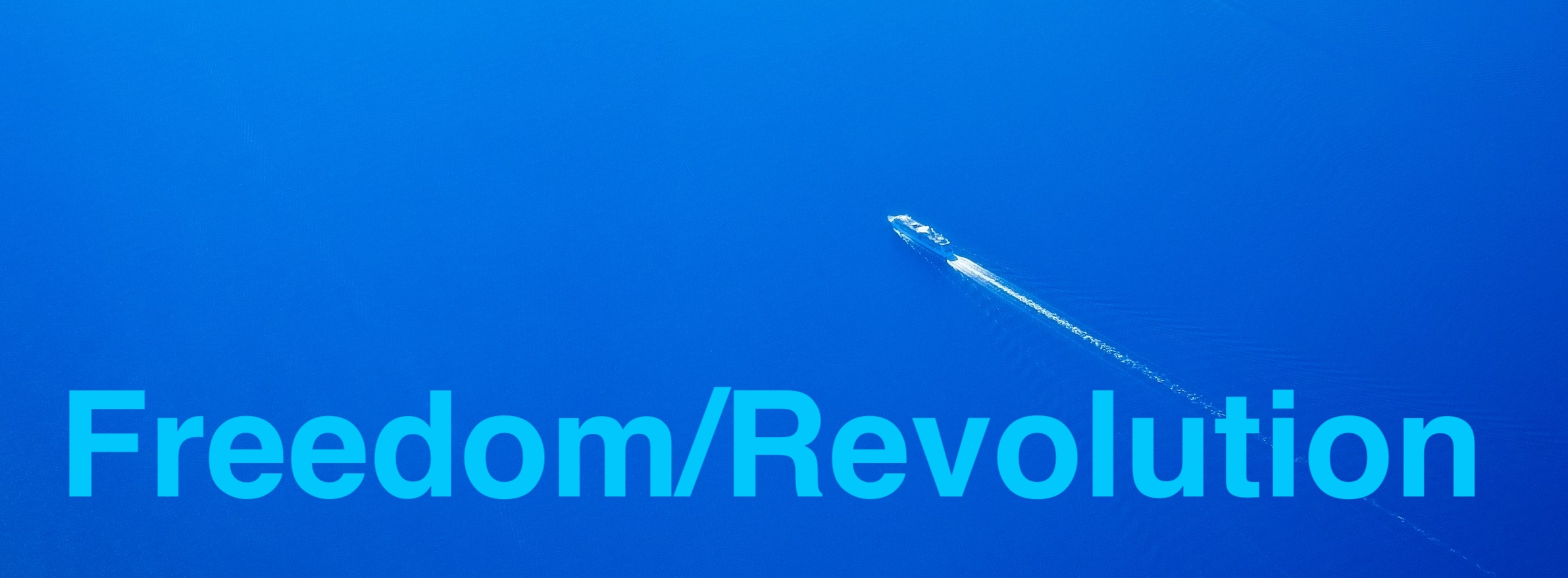ōpən sôrs: Driving Business Innovation and Economic Growth
 Photo by Miguel A Amutio on Unsplash
Photo by Miguel A Amutio on Unsplash
Imagine a world where every business is empowered by software that is free to use, modify, and share. This vision of liberation through open source is rapidly becoming reality, as governments across the globe embrace the collaborative power of freely accessible code. While the open source movement began with a focus on individual freedoms, it evolved into a force that is reshaping the business landscape and driving economic growth on a massive scale. Today, often called third or fourth wave (depending on who you are asking), we are seeing interest from governments into open source. This comes from decades of efforts and lobbying from freedom activists.
This blog post explores the significant impact of open source on the global economy and its growing importance in the world of business.
Before I start, Luis Villa wrote a thought-provoking post quite a while ago which sums up the philosophy of Open Source eloquently - I highly recommend reading.
You might not realize it, but open source software is everywhere. It's in your smartphone, your car, and even in the systems that manage your bank accounts. In fact, if you're running a business, there's a 97% chance you're using open source software right now. It's like air - invisible, but absolutely essential. Once upon a time, open source was the domain of hobbyists and tech enthusiasts. Fast forward to today, and it's the darling of Fortune 500 companies, and more governments are including open source in their strategy, and policy. Not because it's just free - but it's often better than proprietary alternatives. It's like having a global team of brilliant developers working for you, without the hefty paycheck.
Millions, Billions and Trillions
A working paper by Harvard Business School concluded if businesses had to replace all their open source software with paid alternatives, they'd be looking at a bill that's 3.5 times their current IT spending. That's a staggering $8.8 trillion saved, thanks to open source. It's as if every company suddenly found a gold mine in their backyard.
Apart from businesses, NGOs, IGO, and government's adoption of open source is growing stronger than ever. The European Union isn't just flirting with open source - it's in a full-blown romance. Open source contributes up to €95 billion to the EU's GDP. That's more than the entire GDP of many countries! And this love story is just beginning, with investments expected to skyrocket in the coming years. Governments worldwide are recognizing the value of open source software, not just for cost savings, but for transparency, security, and fostering innovation. This global trend is reshaping how public sector IT operates. Countries across the world are implementing open source policies:
- Germany's many initiative and promotion of strategy "Public Money, Public Code" advocates for publicly funded software to be made available under free and open source licenses.
- France has a long-standing policy favoring open source in public administrations.
- The United States Federal Source Code Policy requires agencies to release at least 20% of new custom-developed code as open source.
- Italy passed legislation requiring public administrations to consider open source solutions first when acquiring software.
- India's policy on open source adoption encourages government organizations to prioritize open source solutions for e-governance applications.
.. and these are just to name a few.
In the past, businesses chose vendors based on fancy pitches and glossy brochures. Today, 82% of IT leaders are more likely to go with vendors who contribute to open source. It's become the new mark of credibility - like a digital handshake that says, "We're not just here to sell; we're here to contribute."
Open source isn't just changing the rules of the game - it's creating an entirely new playing field. It's democratizing innovation, leveling the playing field for businesses of all sizes, and creating a collaborative global community of problem-solvers. As we look to the future, one thing is clear: in the world of business and technology, open source is not just an option - it's becoming the default. So, the next time you use your smartphone or log into your work computer, take a moment to appreciate the invisible force of open source that's making it all possible. After all, you're not just using a product - you're part of a revolution.